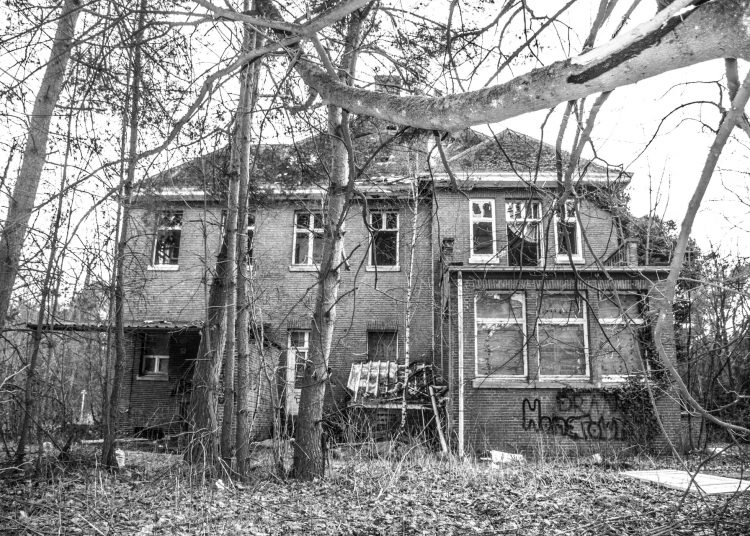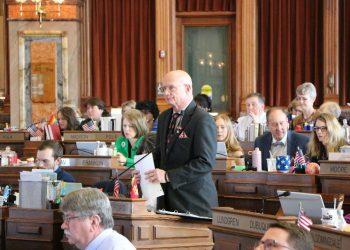(The Center Square) – Iowa communities would be able to use a new redevelopment tool – land banks – to revitalize abandoned or dilapidated real estate if a bill in the Iowa Senate passes.
An Iowa Senate subcommittee discussed SF 100 on March 18.
Under the bill, any municipality could create a land bank and appoint a board of directors possessing the ability to hire staff. The public would be able to review the inventory of land the bank manages and maintains. A land bank would bring together public sector and private sector citizens to find ways to repurpose and redevelop properties “without a lot of upfront economic value,” Norris said.
Southeast Iowa Regional Planning Commission Executive Director Mike Norris told The Center Square in a phone interview that when a property becomes blighted, people’s interest in it declines, sometimes leaving “no hope except for demolition.”
“For properties that don’t have a real direct economic path to success, it can be a long and winding road to that path,” he said. “And really, what this new tool can do is shorten up that path, which is better for any investors. It’s better for the community.”
Real estate and land use attorney Jim Nervig, of Brick Gentry P.C., told The Center Square in a phone interview that he compares land banks to larger cities’ urban renewal boards, which develop ways to acquire “nuisance properties” in the area and assemble them for resale for redevelopment.
“This is the type of program that wouldn’t require the city to designate a whole area and put all kinds of money into a redevelopment plan for the area,” Nervig said. “It would allow cities to work with their land banks to develop properties – even on a lot by lot basis – without regard to where the nuisance properties are.”
Land banks would work with organizations to designate certain lots for redevelopment and could enter into development agreements with redevelopers to ensure that the properties are redeveloped in a way that satisfies the land bank’s board.
He said that there are “nearly always delinquent taxes against [abandoned or nuisance properties],” prompting a tax sale for the property. Private investors can express interest at that point. Otherwise, the public takes the property through the board of supervisors.
Nervig said he has seen interest especially among representatives of small towns in Iowa particularly because they have less money allocated for nuisance redevelopment than larger cities and the board of the land banks would be able to handle this issue and “take it off the backs of the city councils.”
“My focal point is taking a situation we already have and allowing, with minimal expenditure, purchase of properties that are in county treasurer sales and allow that to be handled much cheaper than the current situation,” Nervig said.
“[The program] can be as popular as people brainstorm it and how they want to make it,” Nervig said. “Like in Waterloo or Cedar Rapids, Davenport, Sioux City, Council Bluffs – all of those cities have significant amounts of properties that are nuisance and abandoned and would be really appropriate for this type of program.”
“I think people need to look at this as not being a threat to their property ownership, as long as they keep their properties up and they pay their taxes,” Nervig said. “The properties that are being targeted are properties that property owners have, for whatever reason, abandoned and allowed to fall into disrepair and violated their obligation to pay the taxes to boot.”
He added that once the land banks begin foreclosing on tax liens that have been purchased, property owners can still redeem the property within 90 days of the commencement of the foreclosure by paying the taxes and the outstanding interest.
State Senator Mark Lofgren, R-Muscatine, sponsored the bill.
















